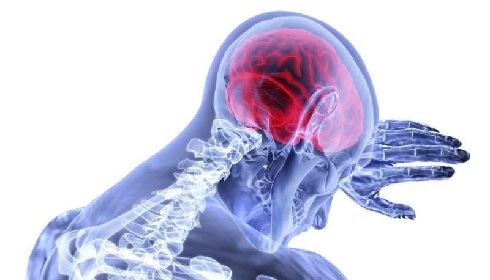
1 out of 3 stroke survivors suffer from depression: ASA experts
One out of three stroke survivors in the United States suffer from depression, say experts at American Stroke Association, linking it with the psychological impact of the stroke or electrical or chemical changes in the region of the injured brain.
Compared to adults who never had a stroke, depression is prevalent among 5-13%, while among stroke survivors, it is prevalent in almost 33% of the cases.
It may be recalled that US Senator John Fetterman, who suffered a stroke in May 2022, has recently sought in-hospital treatment for depression, at Walter Reed hospital, according to a statement released by his office on February 16, 2023.
Fretterman’s chief of staff said that the senator checked himself for clinical depression on February 15, 2023.
“Depression following a stroke can be a normal psychological reaction to the stress of the injury, disability or brush with mortality brought on by the stroke,” said Lee Dr H Schwamm, a professor of neurology at Harvard Medical School in Boston.
| - 1 in 10 adults in India reported mental health issues: NIMHANS survey |
| - People with depression, poor mental health likely to suffer more heart attacks, find study |
| - Stroke: The silent killer |
“In other cases, it may be caused by structural, electrical or biochemical changes in the brain. If certain brain regions are injured, the systems that regulate emotion may be damaged and produce depression, anxiety or PTSD-like symptoms in stroke survivors,” he added.
“Depression and stroke are both examples of the many conditions which threaten brain health. The American Heart Association’s Life’s Essential 8 is a powerful tool to protect brain health and support longer, healthier lives,” he added.
Stroke survivors who experience depression should seek evaluation and treatment with a qualified professional, suggests Prof Schwamm.
As stroke can disrupt sleep, eating, continence and other bodily functions, self-care is critical, including reaching out to friends and family for emotional support and to overcome any stigma associated with seeking help, he adds.
Pointing out that because both stroke and depression still carry social stigma and shame, the immediate past volunteer chair of the American Stroke Association Advisory Committee opines that many stroke survivors are reluctant to seek help and may need extra support to acknowledge the symptoms of depression and seek treatment.